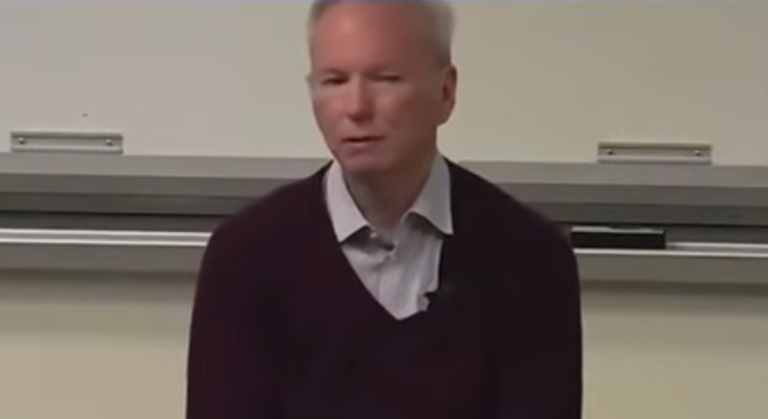In a recent talk, former Google CEO and tech visionary Eric Schmidt shared his thoughts on the rapidly evolving landscape of artificial intelligence (AI) and its far-reaching implications for technology, business, and global affairs. As we stand on the brink of what Schmidt calls an "AI revolution," his insights offer a glimpse into a future that is both exciting and challenging.

The Next Wave of AI: Bigger, Faster, and More Powerful
Schmidt highlighted three key developments in AI that we can expect to see in the next 1-2 years:
- Massive context windows of up to 1 million tokens, allowing AI to process and understand vast amounts of information.
- AI agents capable of performing complex tasks autonomously.
- Text-to-action capabilities, enabling AI to generate and execute code based on natural language instructions.
These advancements, according to Schmidt, will have an impact that could potentially dwarf even the massive influence of social media on our society.
The AI Arms Race: A New Global Competition
As AI technology advances, Schmidt notes that the gap between frontier AI models and others appears to be widening. The enormous costs associated with developing cutting-edge AI mean that only a few companies and countries – primarily the United States and China – can compete at the highest level. This has significant implications for national security, with AI becoming a critical component of military and strategic planning.
The Foundation of AI: Compute Power and Work Culture
Schmidt emphasized two key factors driving success in the AI field:
- The need for massive computing power, which is pushing the industry towards building ever-larger data centers. This trend has been a boon for companies like Nvidia, whose specialized chips are crucial for AI development.
- A strong work ethic and commitment to innovation. Schmidt stressed that the companies and countries leading in AI are those willing to push boundaries and work tirelessly to stay ahead.
AI in Warfare and National Security
In a surprising revelation, Schmidt discussed his involvement in developing AI-powered drones for military applications. This highlights the growing intersection between AI and national security, raising important questions about the future of warfare and international relations.
Challenges and Concerns
While optimistic about AI's potential, Schmidt also addressed several challenges:
- The impact of AI on jobs and the workforce
- The potential for AI to exacerbate misinformation and the need for critical thinking
- The importance of providing better access to AI resources for universities and researchers
- The need for thoughtful regulation of AI companies without stifling innovation
The Future of Programming and Global AI Landscape
Schmidt predicts a future where everyone has access to AI-powered programming assistants, potentially revolutionizing software development. He also discussed the global AI landscape, highlighting India's potential as a key player in the future of AI development.
Conclusion: Preparing for an AI-Driven Future
As we navigate this AI revolution, Schmidt's insights underscore the need for individuals, businesses, and governments to prepare for a rapidly changing world. The potential benefits of AI are enormous, but so too are the challenges we must address. By staying informed and engaged with these developments, we can work towards harnessing the power of AI for the benefit of all.
Posted Using InLeo Alpha